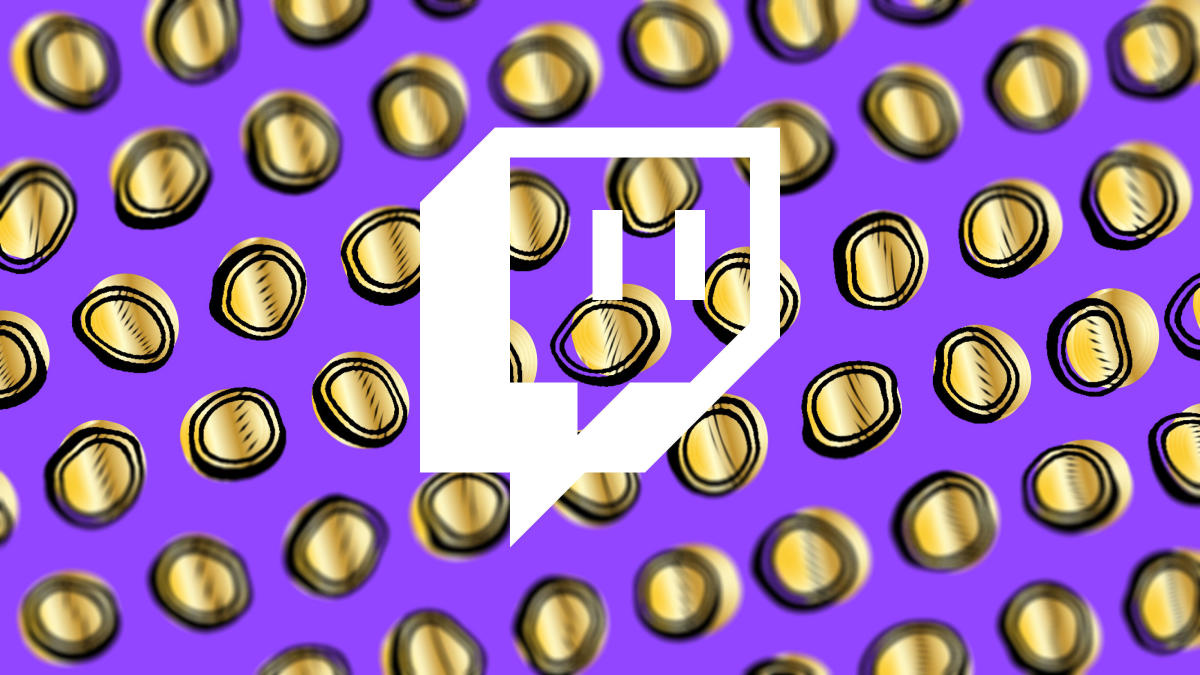
Twitch is cracking down on some gambling sites after a streamer scammed his peers out of tens of thousands of dollars to fuel a betting habit, kicking off a firestorm about how the platform should handle games of chance in the process.
Over the weekend, ItsSliker, a U.K.-based streamer who gained some popularity back in 2019 after appearing on game show streams, was accused of misleading Twitch figures into loaning him big sums of cash. According to Discord logs linked on a Reddit thread, ItsSliker claimed that his bank account was locked and he needed help while the account was frozen.
A number of big name streamers came forward with similar stories about being contacted to help ItsSliker out with his financial need under similar circumstances, including Ludwig Ahgren, Mizkif, Lukeafkfan and Trainwreck, who said he once gave the lesser known streamer a payment of about $45,000. Twitch’s most-watched streamer of 2021, xQc, vowed to help repay the money lost, estimating the total at around $300,000.
ItsSliker came clean about his gambling problem in a video over the weekend, admitting that he has a gambling addiction and explaining that it all started with making bets using in-game skins in the now decade-old game Counter-Strike: Global Offensive. After that, he “started to gamble with money,” moving on to sports betting.
“I’d come across streamers and ask them if I could borrow money,” he said. “And obviously I wouldn’t give them the reason, because it was gambling — I would lie to them.”
As the scandal spread, influential Twitch figures including Pokimane, Devin Nash, Mizkif, Ludwig, and Hasan Piker called on the company to ban gambling on the platform, with some threatening to boycott Twitch for a week or longer in protest.
Twitch responded to the situation — and the threat from some of its biggest streamers — on Tuesday, saying that it would issue a policy update next month to prohibit “slots, roulette, or dice games” that aren’t licensed in the U.S or other markets with robust consumer protections. The new partial action against gambling streams would block sites like crypto betting hub Stake.com, Rollbit.com, Roobet.com and Duelbits.com.
Twitch noted that it would continue to “allow websites that focus on sports betting, fantasy sports, and poker,” leaving plenty of room on the platform for some of the most popular forms of betting.
Some streamers were happy to notch a win against gambling, which they don’t believe has a place on Twitch. Others were quick to point out that the company’s half measure wouldn’t do anything to impact the scam that kicked off the conversation to begin with.
Trainwreck, one of the streamers who fell victim to ItsSliker’s scam, objected to the broad anti-gambling sentiment while raising awareness about adjacent predatory behavior, like Twitch streamers who lure people to sign up for betting sites in order to win on-stream giveaways or those who only show wins without depicting the reality of their betting losses.
As the scandal unfolded, an inevitable backlash to the backlash fairly pointed out that Twitch stars swiftly rallied a pressure campaign against gambling in spite of failing to organize against other serious, systemic issues that still plague the platform, including harassment and hate speech targeting marginalized streamers.
Whether you think gambling has a place on Twitch or not, the conversation that launched out of some interpersonal drama between streamers is getting pretty muddled. Twitch might please some of its biggest names with a promise to ditch a few gambling domains, but ultimately there’s not a lot platforms can do when it comes to scammers using good old fashioned social engineering to manipulate the people around them.